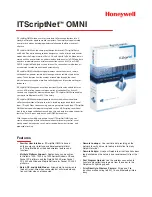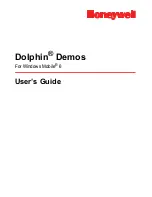
255
Copyright © Acronis, Inc., 2000-2010
Disables USB 2.0 support. USB 1.1 devices still work with this parameter. This parameter allows
you to use some USB drives in the USB 1.1 mode if they do not work in the USB 2.0 mode.
nodma
Disables direct memory access (DMA) for all IDE hard disk drives. Prevents the kernel from
freezing on some hardware.
nofw
Disables the FireWire (IEEE1394) interface support.
nopcmcia
Disables detection of PCMCIA hardware.
nomouse
Disables mouse support.
module_name
=off
Disables the module whose name is given by
module_name
. For example, to disable the use of
the SATA module, specify:
sata_sis=off
pci=bios
Forces the use of PCI BIOS instead of accessing the hardware device directly. You may want to
use this parameter if the machine has a non-standard PCI host bridge.
pci=nobios
Disables the use of PCI BIOS; only direct hardware access methods will be allowed. You may want
to use this parameter when the bootable media fails to start, which may be caused by the BIOS.
pci=biosirq
Uses PCI BIOS calls to get the interrupt routing table. You may want to use this parameter if the
kernel is unable to allocate interrupt requests (IRQs) or discover secondary PCI buses on the
motherboard.
These calls might not work properly on some machines. But this may be the only way to get the
interrupt routing table.
Network settings
While creating Acronis bootable media, you have an option to pre-configure network connections
that will be used by the bootable agent. The following parameters can be pre-configured:
IP address
Subnet mask
Gateway
DNS server
WINS server.
Once the bootable agent starts on a machine, the configuration is applied to the machine’s network
interface card (NIC.) If the settings have not been pre-configured, the agent uses DHCP auto
configuration. You also have the ability to configure the network settings manually when the
bootable agent is running on the machine.
















































